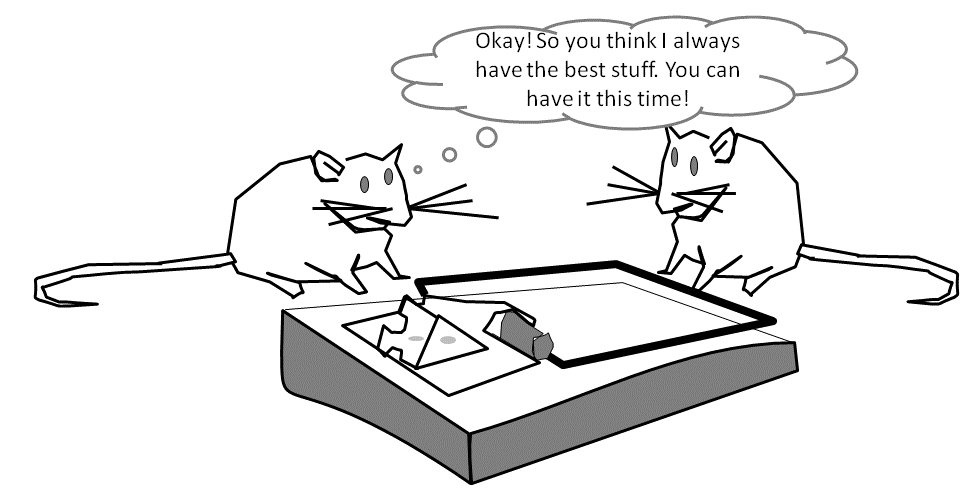
Sunday, March 30, 2014
Smiles
When I was looking for the photo I would bring to class I came into a dilemma. Should I bring a silly photo? A happy photo? An angry photo? I was not too sure. I did what any normal person would do: I searched through all the photos I could find of me. It took me years to find the right one. During my epic search, I realized something; many of my photos were of me smiling. I began to wonder why exactly was I smiling during those times. Then I remembered. I was not happy! My mom made me do it. She was the one who forced me to smile even when I was having a terrible time. One photo of me was when during a family vacation to Hawaii. It was a beautiful place, but I had just gotten off the plane and was barfing my brains out. My mom quickly wiped my face and shrieked at me to put on my happy smile and took the photo. Just this weekend, my mother had taken around 5 billion photos of me during my swim meet: each time ordering me to smile. I asked her why exactly does she make me do this. I wanted a simple answer, but my mom gave me a huge explanation. I wasn't listening closely, but she said something like, "Why do you always have to question me?!?! I'm old! I can't remember this! I need pictures for when I'm really old! I want to remember that we were having fun because THIS IS FUN, RIGHT! AND I AM GOING TO FORCE YOU TO HAVE FUN WHETHER YOU WANT TO OR NOT, IS THAT CLEAR?!?! NOW DO THE LAUNDRY! I realized what my mom really wanted. She did not care about what the event was: she wanted a good memory. My mom was not looking for the truth, but a memory of a good time. Much like Tim O'Brien's novel, "The Things They Carried," it isn't the truth that is essential, but the experience and emotions that come from it. O'Brien was able to show the horrors of the Vietnam war and my mother was able to fake a good time.


Sunday, March 23, 2014
That One Toy
When I was young, there was this one toy I had wanted so bad. It was the new Tyrannosaurus Rex. It was this beautiful majestic monster that was over 4 inches tall. Every part of it was amazing: its tiny sharp razor claws, its gigantic jaws with menacing teeth, its powerful legs, its muscular tail. However, I could never have it. My older brother, Troy, took it every time. He put it up his nose, chewed on it, sneezed on it, coughed on it, and threw up on it. I still wanted it bad. All I had was my stupid Pikachu action figure. It was cool, but it just seemed so normal: his average eyes, his ordinary lightening bolt tail, and his typical cute Pokemon body. This wasn't enough for me! I wanted something more, something unusual, something different! I had spent all my 3 months in preschool playing with that simple toy and I wanted to step up in the world and play with the big boys. I wanted the Tyrannosaurus Rex! This is called the Wanting-something-you-can't-have disorder. David Sedaris also talks about this phenomenon and how he wants his life to be more exciting. He compares and contrasts the life of his partner Hugh and himself and begins to become jealous over the numerous adventures Hugh had as a child. As Sedaris looks back, he realized that maybe he should be happy with his life and not envy his partners difficult life. When I read, that piece, I decided to do the same. I must get over this cruel and difficult disorder.


Sunday, March 16, 2014
The box
Chet Raymo makes a great point in his piece, "A Measure of Restraint," about the wickedness in seemingly innocent beauty. Raymo had multiple stories of the countless mishaps with things that started out as "beautiful, (and) refulgent" and ended in death. One of those stories was about Marie and Pierre Curies. They found the element radium; this beautiful glowing object had made the Curies famous. But with this wonderful gift, came a deadly curse. Radium is extremely radioactive and fatal when around it excessively, yet Marie Curie kept it with her constantly. She brought it to her death when she died of radiation-induced leukemia. This is almost like Pandora box, the mythological story about Pandora who was given a box that contained all the evils in the world. She did not know what was in the box, but was told not to open it. Her innocent curiosity caused her to open it, letting out all the horrors and evils into the world. He curiosity was much like Marie Curie's initial motives. Radium was a beautiful new element that had made her famous, but Curie's love for her new element had awful consequences. Today the phrase "to open Pandora's box" means to perform an action that
may seem small or innocent, but that turns out to have severely
detrimental and far-reaching consequences. After Curie's discovery, there were thousands of uses that were proposed. Many of the application, such as lip stick, ended with many individuals affected by "anemia and lesions... (with) a number of them (that) died." Her innocent discovery ended in her own death.

Sunday, March 9, 2014
Staples
I was at Staples the other day and saw a large, tall African American man. While others might say that he looks like a bit suspicious, I stayed calm. However, as he came closer and closer to me, for some apparent reason I became nervous and scared; my mind began to go crazy and I could not think straight. This big African American was black looked like he was going to mug me and steal all my stuff and I was freaking out and was sweating and felt like prey that a lion would eat and it was all scary and I didn't know what to do. But then he passed me. And with a sigh of relief I continued my shopping. Then I realized something. I just profiled this person that I didn't even know. I was pretty ashamed of what I did, but then I asked myself why I did that. Maybe just like how the African American girl who profiled Jeannette Walls as a weak white girl, I profiled this normal African American man as the stereotypical thug life black male. This stereotyping is a dark evil fire that glows in our society. Jimi Hendrix is one of the few men who have changed the public space with his music. Unlike the fates in Greek Mythology, who control everyone's destiny, he changed his fate by changing the way people saw him. By being different, he was able to break out of the stereotype and be looked as great and as a legend. He was like an alien from outerspace, changing the public space.







Sunday, March 2, 2014
Stereotyping
In America, many of our minorities face stereotyping. It's natural for this to occur due to the mixtures of different cultures. Humans naturally stereotype because it is a way to protect ourselves from dangers. For example, earlier in human history, a human may have seen a lion and thought it was a cute pet, but once he saw the lion eat his friend, from then on, he ran away when a lion came. The same thing occurred in Brent Staples piece, "Black Men and Public Space." A woman who was "white, well dressed, probably in her late twenties" is Staples first "victim." Late at night, Staples happens to see her, and she is terrified by Staples. During this time, it was stereotyped that a six feet two inches black male with a beard was a bad person. A normal person during our time would feel like this is wrong and unfair to Staples, but back then it was common sense. Obviously there were men who fitted Staples image that were bad people and this innocent white woman was merely trying to be safe. Of course I am not saying that what the woman did was right, I am just saying that she probably felt from previous experiences that men like him were dangerous. Many people blame the person for being racist and stereotyping others thinking that they are ignorant for judging a book by its cover. It is rather the society and environment that have shaped their beliefs, not the person. The white woman in Staples piece is a victim too, not by Staples, but by society's ability to alter her beliefs and values. When we were children, we feared no one, and did not discriminate anyone. Through these years growing up, children's minds constantly are being molded; Stereotypes begin to become form and become defined. Everyone is born pure. Society is what stains our soul.


Subscribe to:
Posts (Atom)